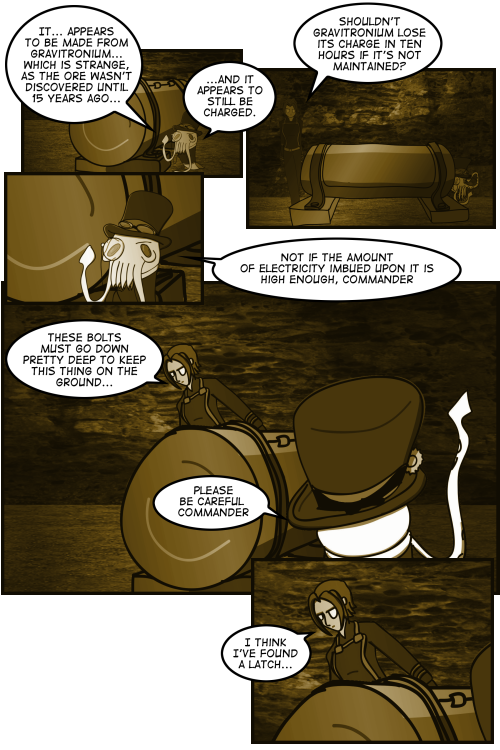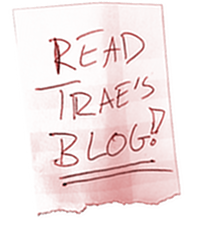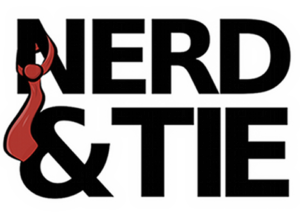|
Point of Reference. | |
Posted Nov 7, 2011 - 8:40:13
|
|
 So for the few of you reading The Chronicles of Crosarth right now, you've now seen the word "Gravitronium" twice. You may be asking yourself "Am I supposed to know what the heck that is?" So for the few of you reading The Chronicles of Crosarth right now, you've now seen the word "Gravitronium" twice. You may be asking yourself "Am I supposed to know what the heck that is?"
And the answer is... maybe?
Okay, so in truth, the technology of this world will get explained in much more depth, but at the moment the plot hasn't really allowed me to. Because of that, I'm left only giving readers context hints about what the fictional material Gravitronium is, what it does and why the heck it's significant. Right now though, it's just a term that you assume all the characters understand... a reference to a fictional technology that has yet to be explained...
It's, well, technobabble.
While it makes perfect sense to me, I may as well be saying that we need to reverse the polarities on the transducing hyperconductor before the quantum store overloads and causes a post critical core event to... do something. I don't know. That sentence sort of got away from me.
That's the challenge of a made up world with made up stuff in it.
Pacing explanations is difficult too. I mean, which is more important, giving the reader the setup or giving them the background? When you write realistic fiction, you don't have to explain how a car works, or television, or even a phone. The reader has that point of reference already, as it's the world they currently exist in. When you set something in an alternate world though, be it science fiction or fantasy, only some points of reference are going to be familiar - and you have to explain the rest.
And that's a lot harder than some people think.
I've always found it amazing how some people can look down at Scifi and Fantasy as genres just because it is so much harder to write them well. A writer needs far more skill to get you to relate to an elven ranger than to a guy who works in an office. And sure, there's a lot of bad scifi and fantasy literature out there - but that's the same case in every other genre.
This is the sort of thing I think about.
- Traegorn
I'm tangentially involved in the art-lang (constructed languages designed for artistic reasons a la Quenya or Na'vi) community. Scie-fi/fantasy fiction writing is rather common among them as many want to build an art-lang, but what's the point of a language if no one will speak it? So let's invent someone who speaks it! Reportedly Tolkien, a linguist by trade, admitted that the fundamental reason he created the whole Middle Earth world was to give an environment for his languages. This is really apparent in the Silmarilion where he gets truly geeky and even discusses the language drift that gave rise to various forms of the different languages he created.
The trick being exactly what you describe. How does one showcase a language in a realistic environment created, essentially from scratch? In Tolkien's case he succeeded to the point that most people think he wrote the stories and made languages for them, when it was truly the other way around.
My favorite is the art-langers that create multiple languages, cause them to co-mingle (creolize), drift, and diverge into new languages. It works nicely in a fictional world as you need real world events to explain why the languages are doing that.
|



